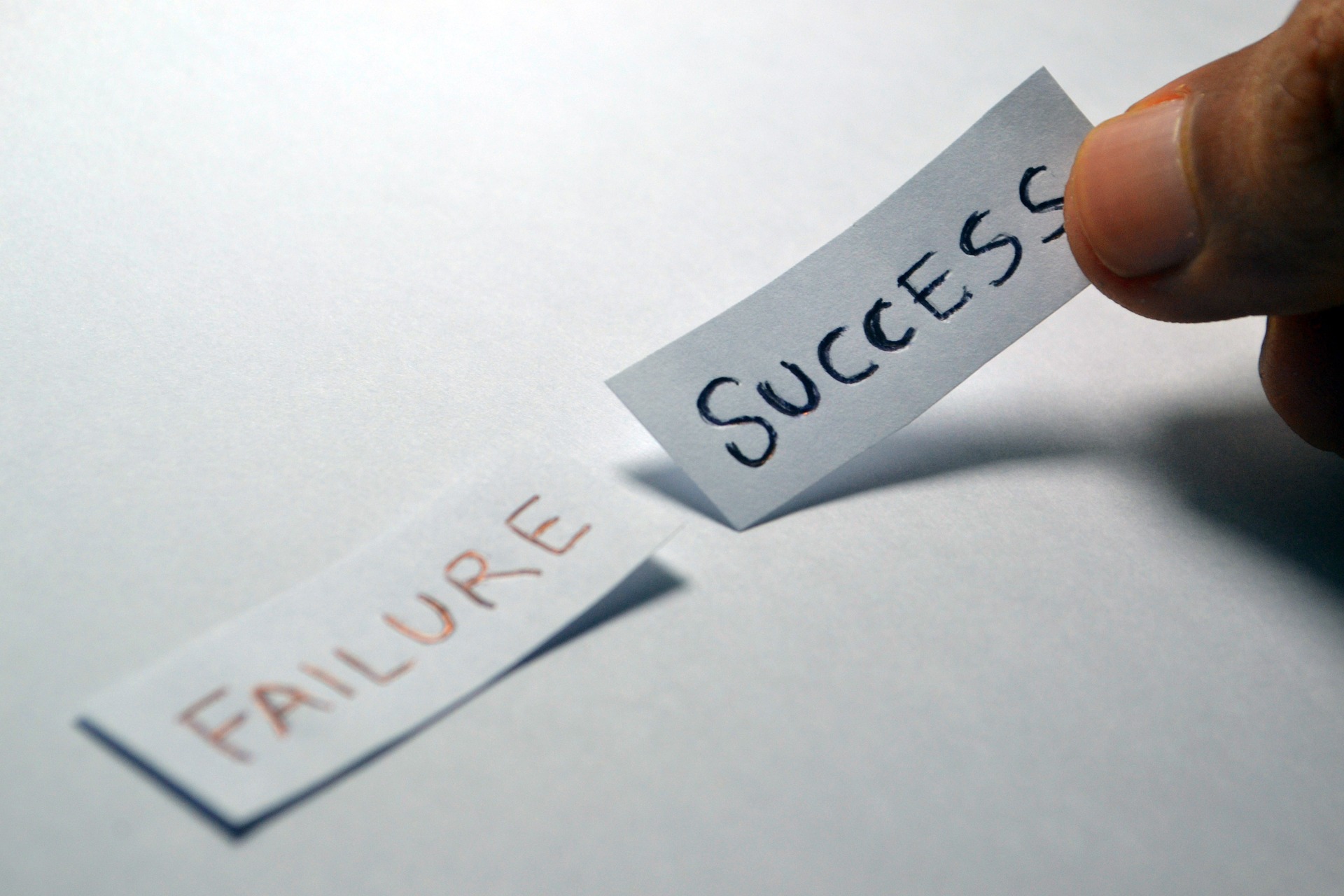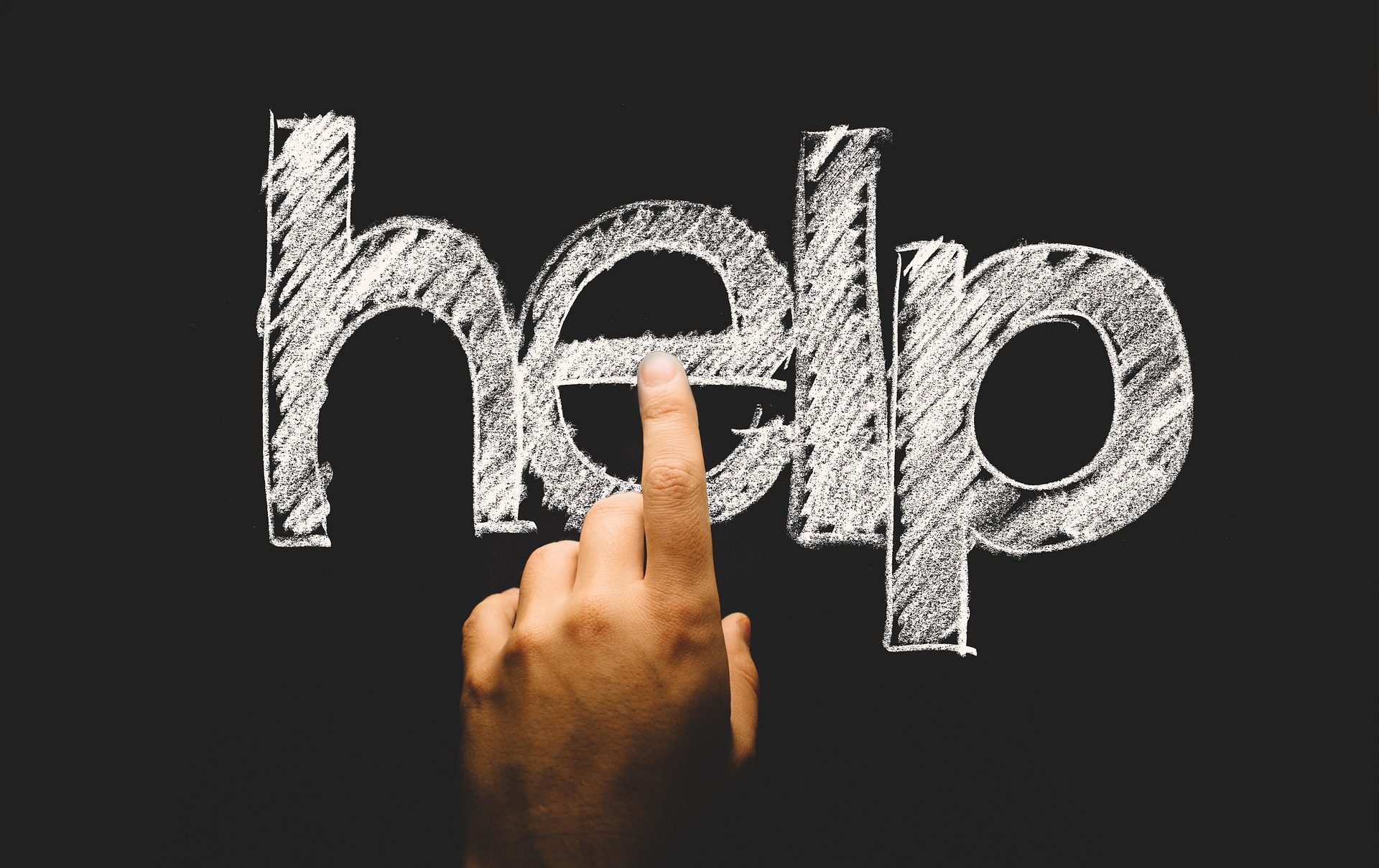“Ever tried. Ever failed. No matter. Try again. Fail again. Fail better.” (From Worstward Ho (1983) by Samuel Beckett, Irish writer and winner of Nobel Prize for Literature 1969).
Fearing failure is a part of being human. We fear the negative judgments of others, we fear letting our family and friends down. We identify our performance too closely with our intrinsic worth – “I failed” comes to mean “I am a failure”. Failure is also an inevitable part of life – the only person who has never failed is the person who has never tried anything new.
We cannot avoid failure in life, but perhaps we can reduce its negative effects on our self-esteem or self-confidence. Firstly, by learning how to learn from failure, by making failure the first step towards future success. Secondly, perhaps by re- examining our ideas of success and failure: is what we think is a failure, really a failure?
The following information comes from the book Mindset: Changing the way you think to fulfill your potential by Carol Dweck.
 Learning from failure
Learning from failure 
-
Move from a “fixed” mindset to a “growth” mindset. When you adopt a “fixed” mindset you believe that talents and skills are “fixed”. You are born with certain talents and without other talents and this is fixed for life. A person who is good at maths will always be good at maths, a person who is weak in maths will always be weak in maths. When you adopt a “growth” mindset, you believe that talent can be developed like a skill or knowledge, through hard work and regular feedback. Just because you are weak at maths now, does not mean you will always be weak at maths.
-
The “growth” mindset, the idea that everyone can grow and improve through application and experience, leads to a curiosity and desire for learning – “I can learn to be better…”.
-
The “growth” mindset is not an easy attitude to adopt. It means stretching yourself, staying on task during difficult moments, accepting challenges. Above all it means accepting failure, learning from failure.
-
In the “growth” mindset you focus more on the process rather than the result, you focus more on improving rather than on the judgment of others. This is a difficult attitude to adopt particularly in an educational setting, since students are constantly being assessed and judged, needing to pass courses, to pass semesters, to get the degree. However by focusing on improving, becoming, you are developing a mental toughness that will serve you in your professional and personal life long after you have left Glion.
-
Even if you adopt a “growth” mindset, failure can still feel painful, but you see failure as a problem to be solved and learnt from. The failure does not define you; it is exterior to your intrinsic worth.
 Tips and techniques
Tips and techniques 
-
Accept that failure is a part of life, that it is a signal of the need to pay attention, to apply effort, invest time to practice.
-
Reframe failure as an opportunity to learn, to grow.
-
Learn to confront your failures, to analyze them. Ask yourself “what can I learn from that experience? How can I use it as a basis for growth?”
-
Seek out constructive criticism – use the feedback to plan actions to improve
-
Value hard work and effort, value the process leading to the product.
Final thought
“Personal success is when you work your hardest to become your best” (Dweck, 2017)
 Further resource & Reference
Further resource & Reference 
Why You Have the Fear of Failure (And How to Overcome It) https://www.lifehack.org/articles/lifehack/how-fear-of-failure-destroys-success.html
Reference
Dweck, C. (2017). Mindset: Changing the way you think to fulfill your potential (2nd ed.). Random House.
 Contact us
Contact us 
The Welfare team:
The Learning Support team:




